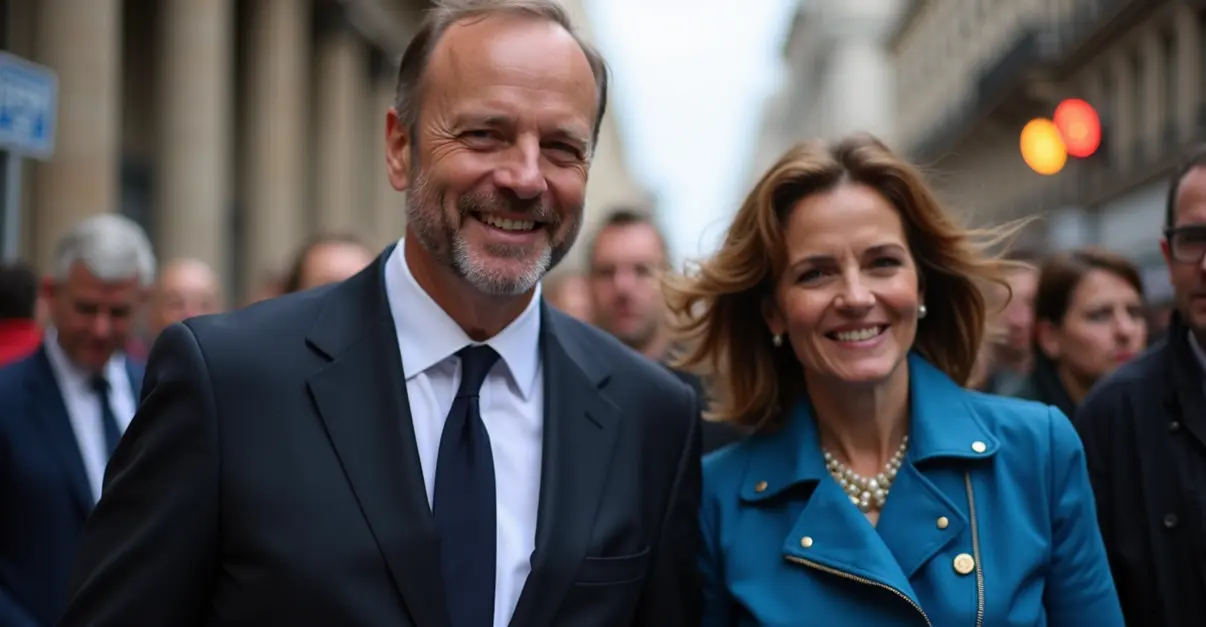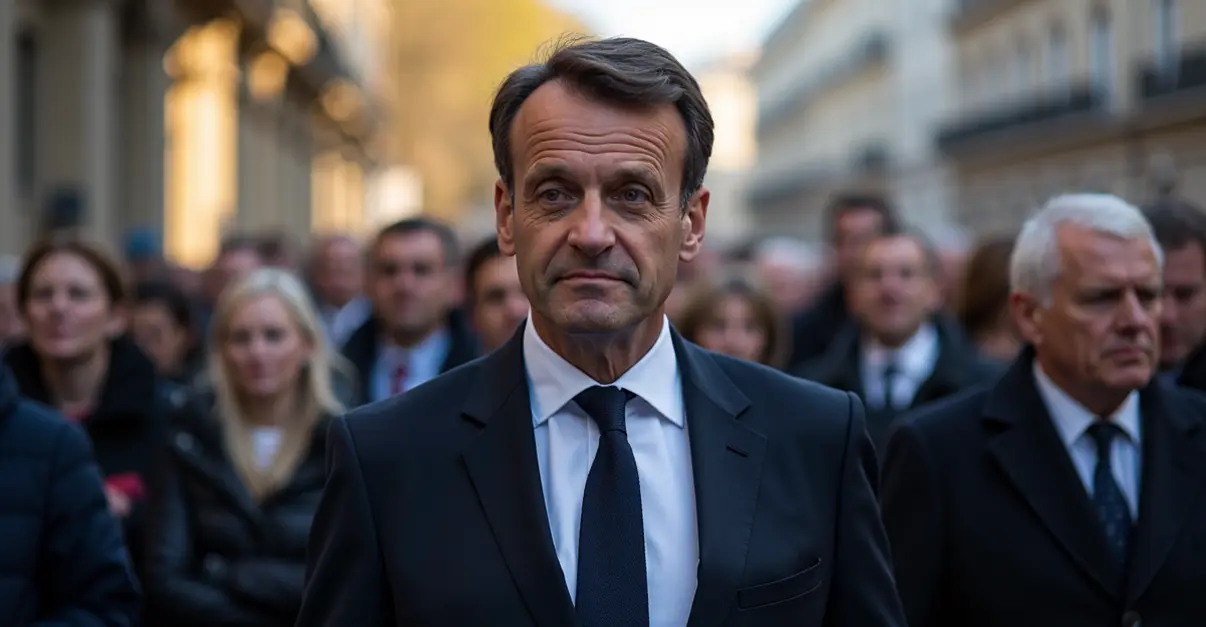France faces deepening political crisis as PM Sébastien Lecornu resigns after 27 days, the fifth PM to fail in under two years. The country struggles with 5.8% budget deficit, 113% debt ratio, and political deadlock over pension reforms.

France's Political Crisis Deepens as Fifth Prime Minister Resigns
France is facing its most severe political crisis in decades after Prime Minister Sébastien Lecornu resigned after just 27 days in office, marking the fifth prime minister to fail in less than two years. The 39-year-old Lecornu announced his resignation following a televised address where he revealed that President Emmanuel Macron would appoint a new prime minister within 48 hours.
Budget Crisis and Political Deadlock
The resignation comes amid France's deepening economic crisis, with the country maintaining a budget deficit of 5.8% of GDP - far exceeding the European Union's 3% limit - and a staggering 113% debt-to-GDP ratio. 'Each political party is behaving as if they have their own majority,' Lecornu lamented in his resignation speech, highlighting the political fragmentation that has paralyzed governance since the 2024 snap elections produced a hung parliament.
France is currently under the EU's excessive deficit procedure with a 2029 deadline to bring its finances in order. However, economists remain skeptical, with Goldman Sachs forecasting a 5.5% deficit for 2025 and downgraded growth to just 0.8% for 2026.
Pension Reform Remains Key Stumbling Block
The biggest obstacle to political stability remains the controversial pension reform. 'Many parties want to abandon the pension age increase,' Lecornu stated, noting that reversing the planned increase from 62 to 64 would cost the country 3 billion euros by 2027 alone. The pension reforms, signed in April 2023, have sparked massive protests across France, with authorities recently deploying 80,000 police for demonstrations expected to draw 800,000 participants.
Market Turmoil and Economic Consequences
The political instability has triggered significant market reactions, with French bond yields hitting one-month highs and the CAC 40 index falling 1.6% following Lecornu's resignation. 'France has become a riskier borrower than crisis-hit countries like Greece and Italy,' noted financial analysts, pointing to the country's 116.5% debt-to-GDP ratio - the second highest in Europe after Greece.
France's political crisis dates back to President Macron's decision to dissolve parliament in June 2024 after his party suffered losses in European Parliament elections. The subsequent snap elections produced a three-way split in the National Assembly, with the left-wing New Popular Front holding 180 seats, Macron's centrist Ensemble alliance with 159 seats, and the far-right National Rally with 142 seats - none able to command a majority.
What's Next for France?
President Macron now faces critical decisions about whether to appoint another prime minister, dissolve parliament, or potentially face calls for his own resignation. 'Lecornu was Macron's final bullet to resolve the crisis,' political analysts observed, leaving the president with dwindling options as public anger grows and his popularity hits record lows.
The ongoing political paralysis threatens France's ability to pass its 2026 budget and implement necessary fiscal reforms, raising concerns about potential credit rating downgrades and long-term economic stability in Europe's second-largest economy.

 Nederlands
Nederlands
 English
English
 Deutsch
Deutsch
 Français
Français
 Español
Español
 Português
Português









